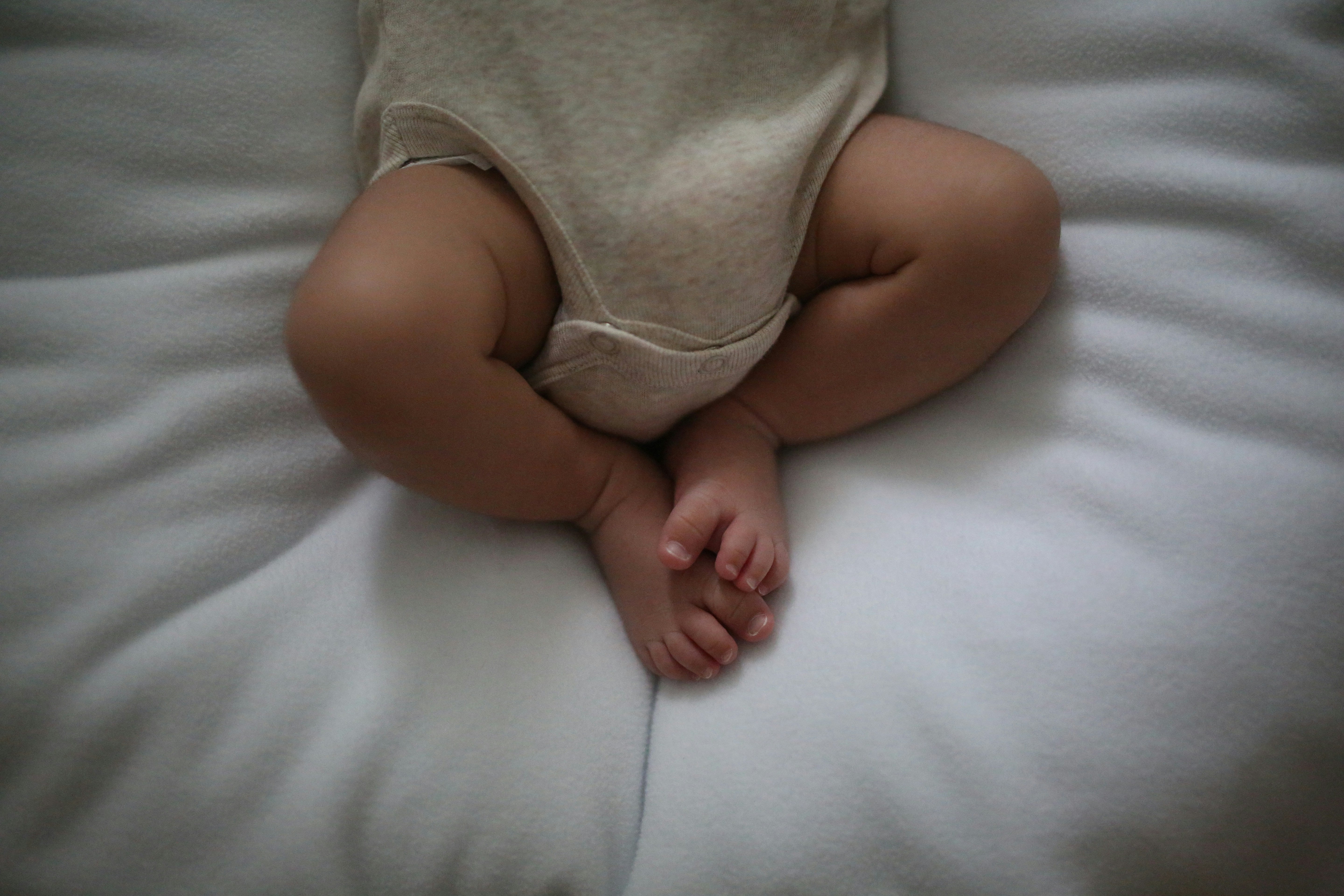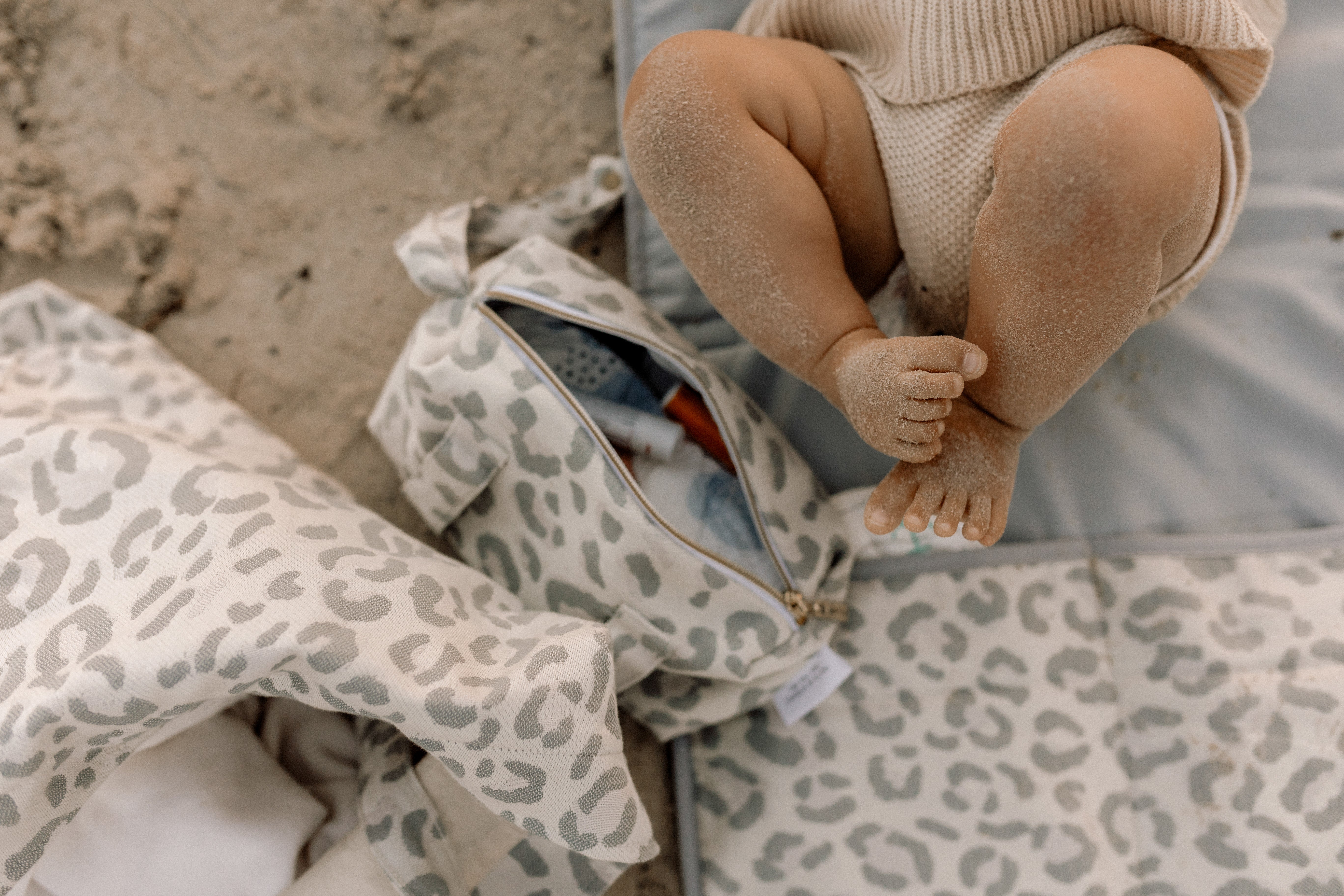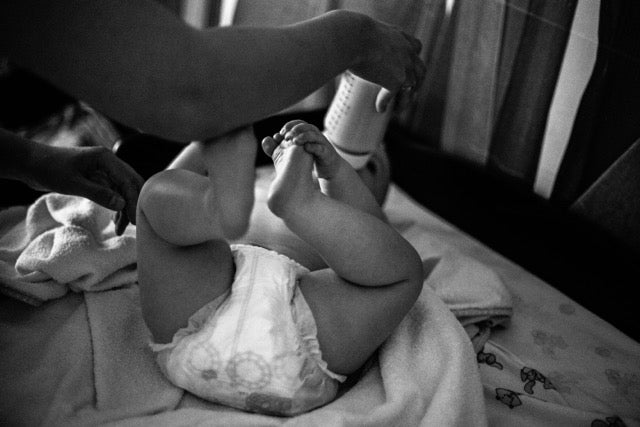
When does a full diaper bother babies? A look at the well-being of the little ones
Babies have their own unique way of communicating—a squeal here, a contented gurgle there. But when it comes to a full diaper, babies react very differently. Some make a loud noise, others are barely bothered by a wet diaper. But when does a full diaper really start to bother them? And why is it so important to change them regularly? In this article, we take a closer look at baby behavior and offer tips for a relaxed diaper-changing routine.
Babies and their feelings: When does a diaper become uncomfortable?
1. Newborns: A keen sense of wetness
Newborns have particularly sensitive skin and are sensitive to even the slightest changes. A wet diaper can quickly become uncomfortable for them. Many babies express this through restlessness, fussing, or crying – especially when they want to sleep or breastfeed.
Tip: With newborns, it's a good idea to check the diaper regularly, even if the baby doesn't show any signs of discomfort. Changing it every two to three hours is usually ideal.
2. Older babies: habituation or discomfort?
As babies grow older, they react differently to a full diaper. While some complain immediately, others seem to get used to the feeling and barely react. However, it becomes a problem when the diaper starts leaking or the child becomes sore.
Note: Even if your baby doesn't complain about a full diaper, it should be changed regularly to avoid skin irritation.
Why is a dry diaper so important?
1. Protection against skin irritation and diaper rash
A full diaper can quickly lead to skin irritation, as urine and stool attack baby's sensitive skin. This can lead to redness and pain, especially with prolonged contact.
2. Better sleep quality
A baby who feels comfortable in their diaper sleeps more peacefully and relaxed. Especially at night, a full diaper can unnoticed disrupt sleep, even if the baby doesn't cry immediately.
3. Developing a body awareness
Some experts believe that babies who sense when their diaper is wet will be able to potty train more easily later on. The sensation of a full diaper could therefore be a first step toward toilet training.
When and how often should the diaper be changed?
- Newborns: Every two to three hours or immediately after bowel movement
- Older babies: About every three to four hours or when they become restless
- At night: Depending on your needs – if your baby is sleeping deeply, a high-quality night diaper is sufficient
Conclusion: Every baby is different
While some babies let you know immediately when their diaper is full, others let it go unnoticed for a long time. It's important to keep a close eye on your child and maintain regular diaper changes. This will protect their delicate skin and keep your little one feeling completely comfortable!


